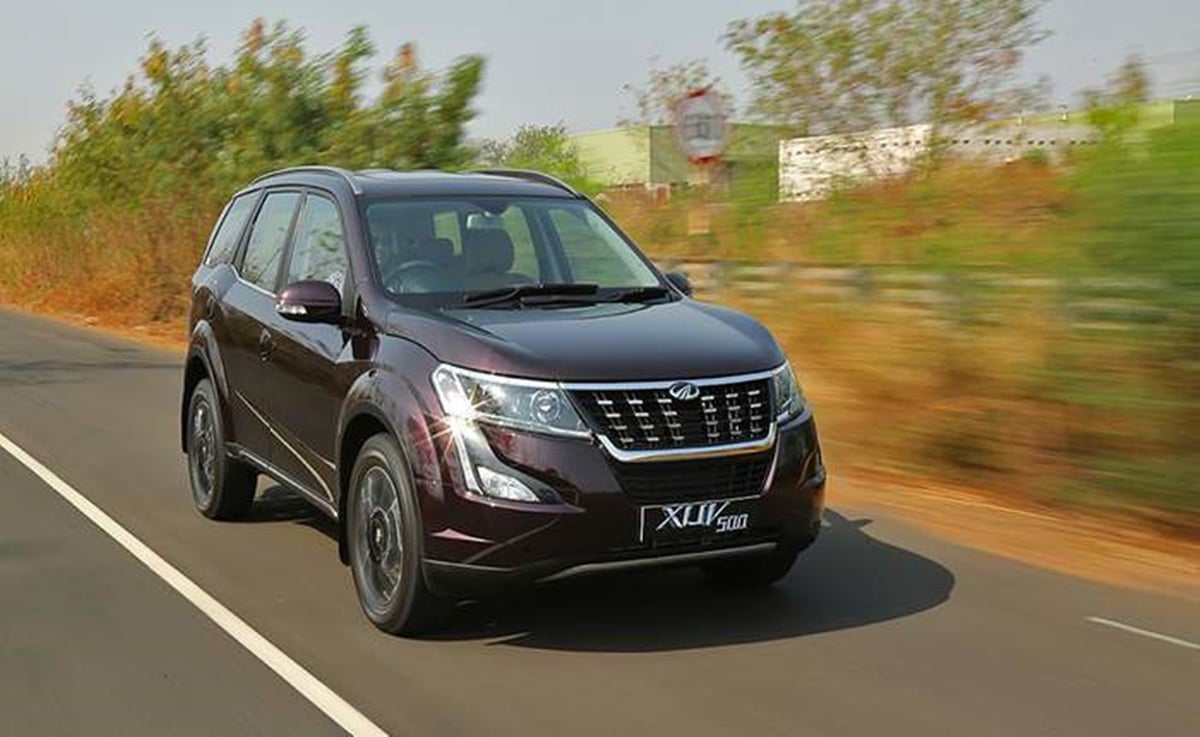With the BS-VI emission norms yet to hit in less than an year, auto manufacturers are working hard to make all their powertrains meet the new stricter norms. The Indian Government skipped an intermediate level and jumped directly to BS-VI emission norms from the existing BS-IV emission norms. This particularly has made things quite tricky for automakers as it calls for drastic changes which are quite cost intensive as well, particularly so for diesel engines.
Mahindra has a predominantly diesel engine line-up and they have been working intensely to upgrade their entire line-up of passenger vehicles as well as commercial vehicles. YouTube channel PowerStroke PS recently came across an entire fleet of Mahindra’s prototypes being tested on the highway. The prototypes reportedly had ‘BS-VI-D’ stickers near their fuel filler caps which means they were running the upgraded engines.
The fleet comprised of a couple of XUV500s, a TUV300, a Bolero and its pick-up variant, and the Supro in both load and people carrying variants. While most of these vehicles will continue with their existing diesel engines being upgraded to meet the BS-VI norms with new emission reducing measures such as selective catalytic converter, diesel particulate filter, improved EGR (Exhaust Gas Recirculation), etc., , the XUV500 has been rumored to be receiving a brand new engine.
Also Read : Ford Aspire-Based EV Being Co-Developed By Mahindra And Ford
The next-gen XUV500 – likely to be a re-engineered 2019 SsangYong Korando – which is due in late 2020 is likely to be powered by a brand new 2.0L diesel engine. In that case, it does not make much sense for Mahindra to develop the current 2.2L diesel engine to meet the BS-VI emission norms if its at the end of its life cycle, unless they decide to use the engine in some of it’s other vehicles.
As per the BS-VI emission standards, the diesel engines of the light duty vehicles (GVW of less than 3,500 kg) should reduce their NOx emissions by 68% compared to BS-VI standards. Depending on the vehicle class, the particulate matter emissions need to be reduced by 82-93%.
Also Read : Mahindra XUV300 BS-VI Spotted For The First Time
With the BS-VI norms coming into effect from April, 2020, diesel cars will for sure become significantly expensive. There could be a premium of Rs.70,000 to Rs.2 lakhs from a BS-IV diesel engined car to an equivalent BS-VI diesel car depending on the type of the vehicle and the extent of development cost that the manufacturers decide to absorb. Its getting quite interesting to see how several manufacturers are reacting to such situations in the market.


